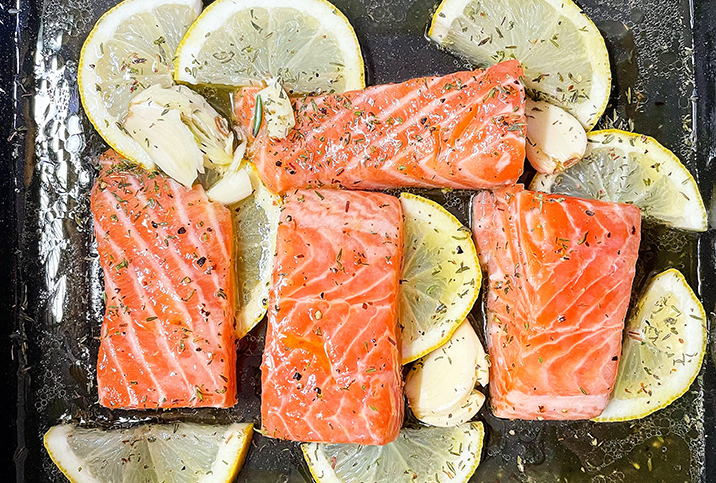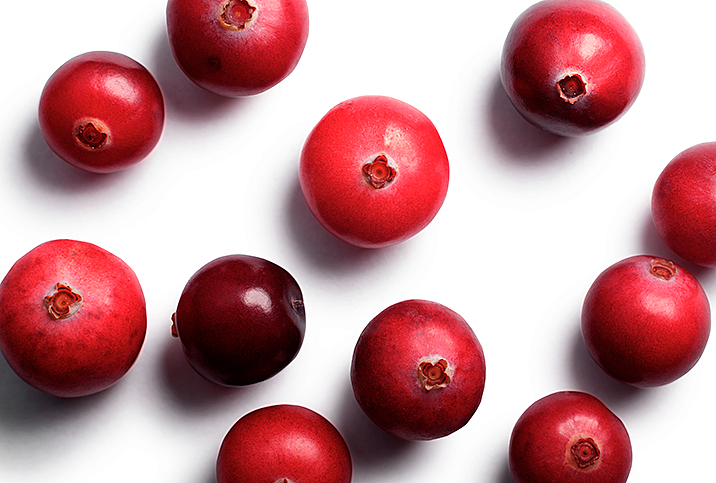The UTI-Friendly Diet

Mild to severe abdominal pain, a burning sensation while urinating, the urge to urinate almost constantly and cloudy urine with a faint foul odor are all symptoms of a urinary tract infection (UTI). An infection of the urinary tract can affect any part of the urinary system, including the ureters, kidneys, urethra and bladder. Most commonly, the infection remains localized in the lower urinary tract.
If you've had a UTI, you know how debilitating, painful and bothersome the symptoms can be, often leaving you wanting to stay in bed all day. If left untreated, UTIs can lead to life-threatening complications, especially if the kidneys get infected.
Of course, if you experience any symptoms of a UTI, consult a healthcare professional immediately. While an in-person follow-up might be required for a condition such as a UTI, if you'd prefer a video appointment, Giddy telehealth provides access to hundreds of healthcare professionals whose expertise covers the full scope of medical care, and many offer same-day appointments.
Your doctor will likely prescribe antibiotics and may suggest some foods to help alleviate the symptoms. However, it is important to note these dietary changes are not a substitute for medical treatment for the infection.
Foods to eat if you have a UTI
While medical treatment is usually necessary, UTIs can be managed through your diet. Experts recommend drinking plenty of water if you have a UTI. Drinking around 12 glasses of water per day can significantly help flush out the disease-causing bacteria from your system and speed up the healing process during a UTI.
Water isn't the only tool that helps to clear a UTI quickly. Here are some foods you should eat if you have a urinary tract infection to help prompt a speedy recovery or to help prevent the return of another UTI in the future.
Berries
Although scientists are still studying their effectiveness, it is believed that consuming blueberries, raspberries and cranberries can help fight the bacteria that cause UTIs. These berries contain proanthocyanidin, a compound that has been observed to prevent infection-causing bacteria from sticking to the urinary tract lining. Next time you have a UTI, grab yourself some berries to help clear the infection.
Probiotic-rich foods
Probiotics are the "good" bacteria commonly found in the gut. They help with various digestive processes and improve overall immunity. Incorporating probiotic-rich foods such as pickles, Greek yogurt and sauerkraut into your diet can help your body combat disease-causing bacteria, such as those that cause urinary tract infections.
Foods rich in fiber
High-fiber foods such as beans, lentils, bananas, oats, nuts and whole grains can help your body recover faster from a UTI. Fiber helps to flush out the harmful bacteria from the body and regulate bowel movements. In a general sense, this provides some relief from pressure on the bladder.
Salmon
Salmon and other cold-water fish are rich in omega-3 fatty acids, which greatly help reduce the inflammation caused by a UTI. For individuals who don't eat fish, fish oil supplements can be a great alternative.
Foods to avoid with a UTI
If you have a UTI, it is a good idea to avoid sugary foods and beverages, as sugar can greatly aggravate an infection and the bladder. Other food groups to avoid if you have a UTI include carbohydrates, alcohol, artificial sweeteners, spicy foods, caffeine and acidic fruits.
While changing your diet is not a substitute for the antibiotics that a doctor can prescribe to treat a UTI, small changes may help in future prevention or in speeding your recovery along. Stock up on these foods or try a natural remedy in conjunction with medication the next time you're bogged down by a UTI and see if they help. Don't forget to always finish your antibiotic dose as prescribed by your doctor, even if you start to feel better before the course is completed.
So, what about cranberry juice?
Cranberry juice is commonly touted as a cure for UTIs, but no direct correlation has been clinically proven between the two. In some clinical trials conducted on separate groups of women, the consumption of cranberry extracts, cranberry supplements or pure cranberry juice did help reduce the risk of recurring UTIs from coming back. However, more research is required to prove the benefits of cranberry juice as a treatment for active UTIs. If you do reach for cranberry juice or a supplement while you have a UTI, make sure to go for one without added sugar, which can irritate a UTI.

















